Despite escalating US-China tensions, in 2021 a Chinese company called Chipuller bought 28 patents owned by zGlue, an American startup related to chiplets, an advanced chip packaging technology that turns many small processors into a common “brain,” according to an analysis using the Acclaim IP database by IP management technology company Anaqua.
In recent years, the global chip industry has turned to packaging technology and 3D stacking research to cope with rising manufacturing costs as the race to shrink transistors to the number of atoms has reached. Therefore, the role of chiplets has become increasingly important for Beijing as it is limited in its access to the most advanced semiconductor technology and machinery.
Legal gray area
According to Reuters , in order to avoid attracting attention, the China-based company acquired the chip packaging technology patent through an intermediary company called North Sea Investment with a business registration license in the British Virgin Islands.
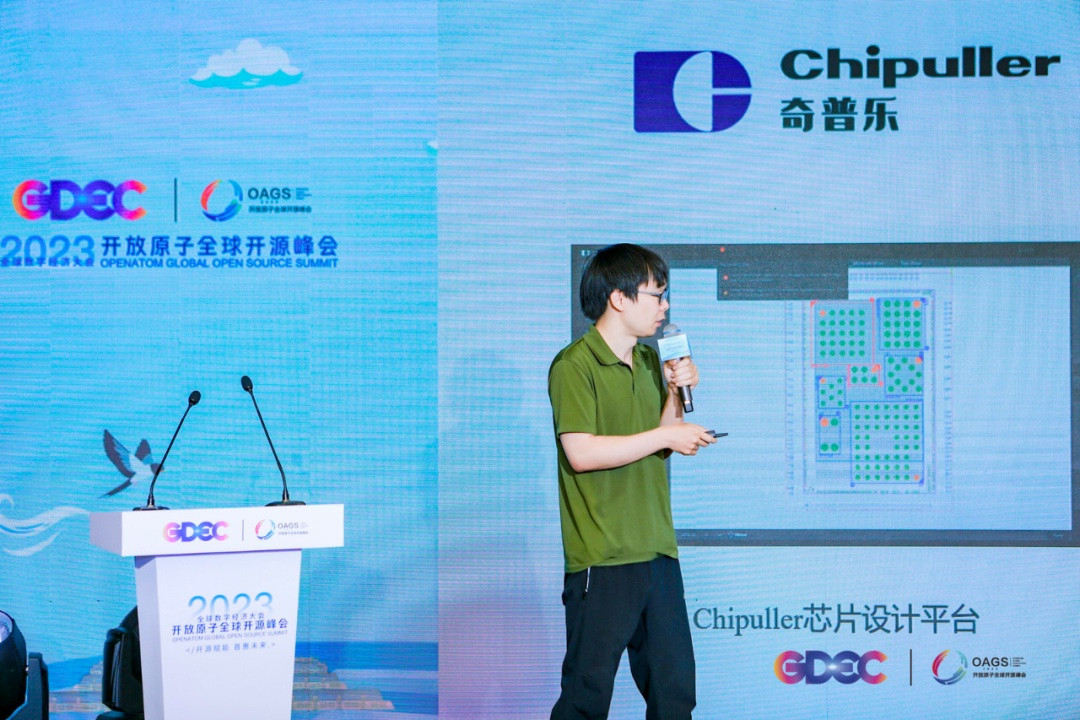
Chippuller Chairman Yang Meng insisted that it did not violate restrictions imposed on Beijing by Washington and its allies. Meanwhile, the Committee on Foreign Investment in the United States (CFIUS), a Treasury Department panel that reviews deals for potential national security threats, declined to comment on whether such acquisitions require its approval.
Several CFIUS legal experts, including Laura Black at Akin's Trade Group, Melissa Mannino at BakerHostetler and Perry Bechky at Berliner Corcoran & Rowe, said that patent sales only give the Treasury committee review authority if the assets traded constitute all or part of a U.S. company's business model.
But Mike Gallagher, a lawmaker on a China-related committee, said the zGlue case highlights the “urgency” of CFIUS’s regulatory and authority changes. “Chinese entities cannot be immune from sanctions when they take advantage of troubled U.S. companies to acquire intellectual property and transfer it to the mainland.”
Chipuller President Yang Meng said zGlue’s lawyers have been in contact with CFIUS and the Commerce Department to ensure the patent sale to North Sea does not fall under export restrictions. But those discussions do not appear to have included a Chinese company as the ultimate destination for the technology.
"Weapon" to break through the siege
Yang Meng admitted to becoming a major investor in zGlue in 2015, shortly after the startup was founded, before serving as its director and chairman, respectively. The Chinese entity was also the reason CFIUS launched an investigation into the Silicon Valley startup in 2018.
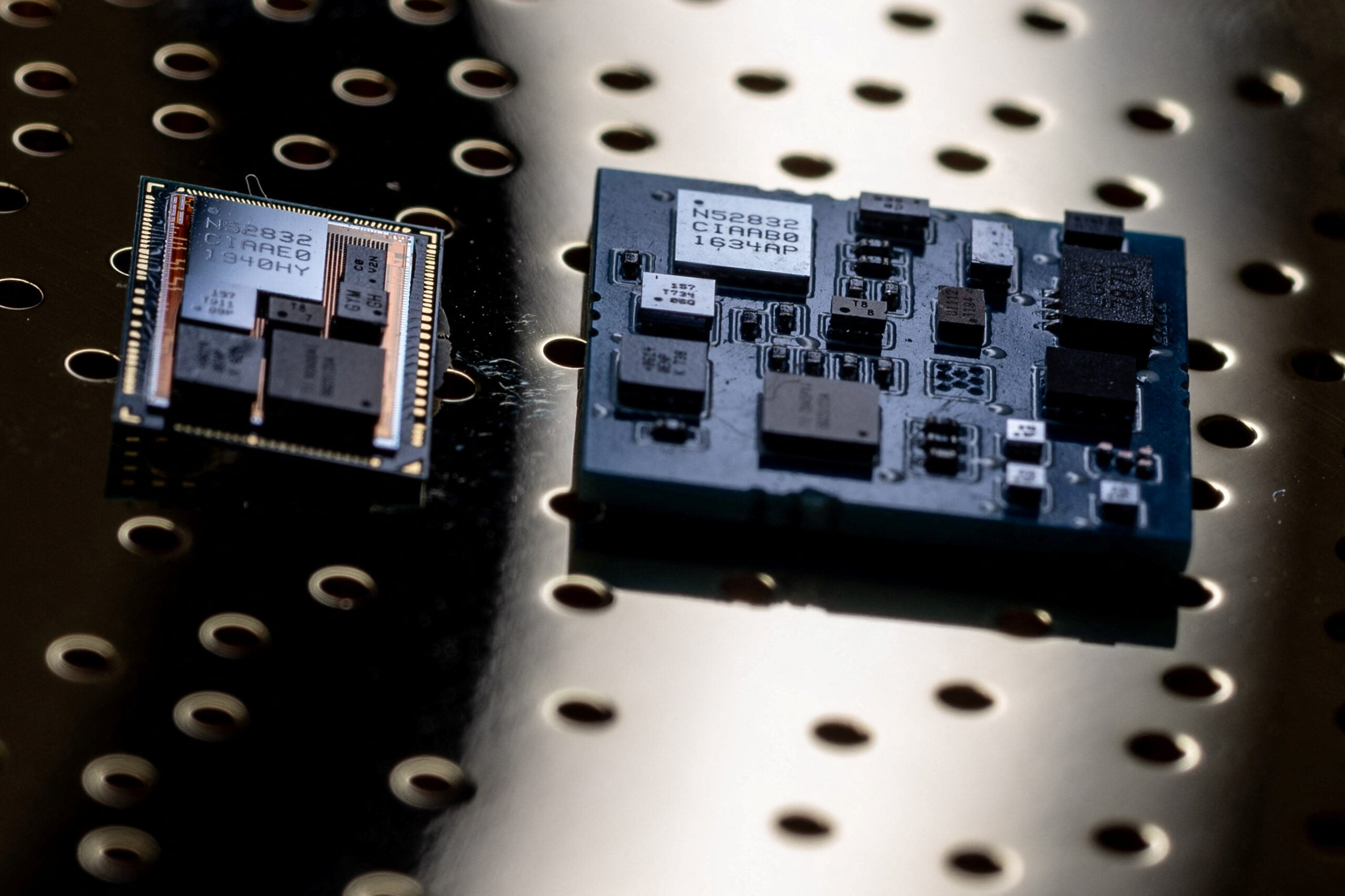
“We have spent a lot of time working with CFIUS to address concerns,” said zGlue’s largest shareholder, stressing that Chipuller “has no connection to the Chinese military or entities on the US sanctions list.”
Huawei, the Chinese chip design and technology giant that is on the “entity list” – a designation for companies that are most closely sanctioned – has also been actively filing patent applications related to chip packaging technology.
As of last year, Huawei had published more than 900 chiplet-related intellectual property applications and grants, up from 30 in 2017, according to Shayne Phillips, director of analytics solutions at Anaqua.
At least 20 policy documents from local to central governments have mentioned the technology as part of a broader strategy to increase China's self-reliance in "critical and cutting-edge technologies," Reuters reported.
Over the past two years, dozens of announcements of new construction or expansion of existing manufacturing plants by chiplet technology companies have been recorded across the mainland technology sector, with an estimated total investment of about 40 billion yuan (more than 5.5 billion USD).
In May 2023, China's Ministry of Industry and Information Technology (MIIT) called on major tech companies to place orders with major domestic chip packaging companies such as TongFu Microelectronics and JCET Group, as well as fast-growing startups such as Beijing ESWIN Technology Group, to upgrade their operations.
An article published in May 2023 by an outlet run by China's Ministry of Industry and Information Technology (MIIT) called on major Chinese tech companies to use domestic packaging companies like TongFu to boost the country's computing power self-sufficiency.
"Chiplet technology is a tool for the country to break the siege that the US is imposing on the advanced chip sector," the MIIT post said.
(According to Reuters)
Source











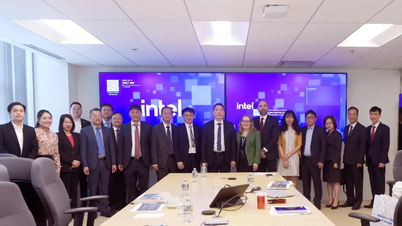

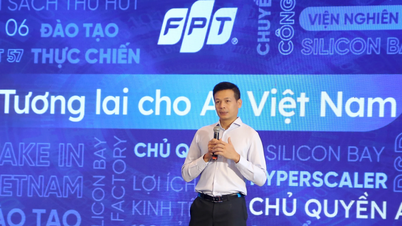

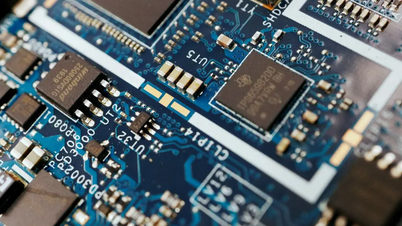





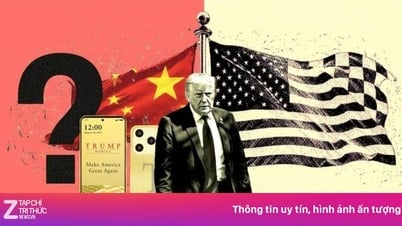


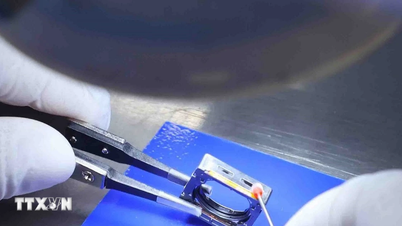








































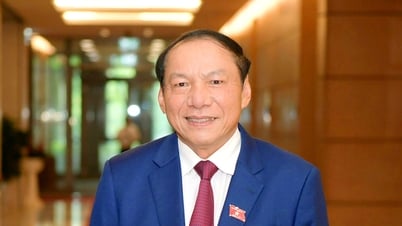







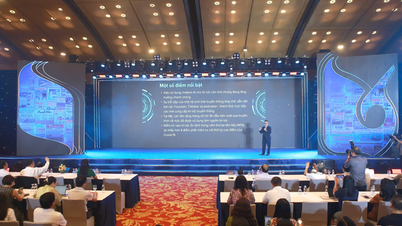








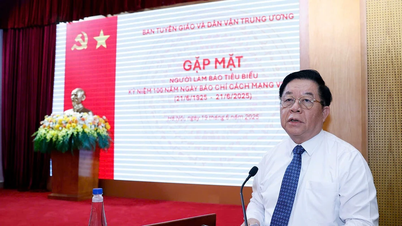






















Comment (0)